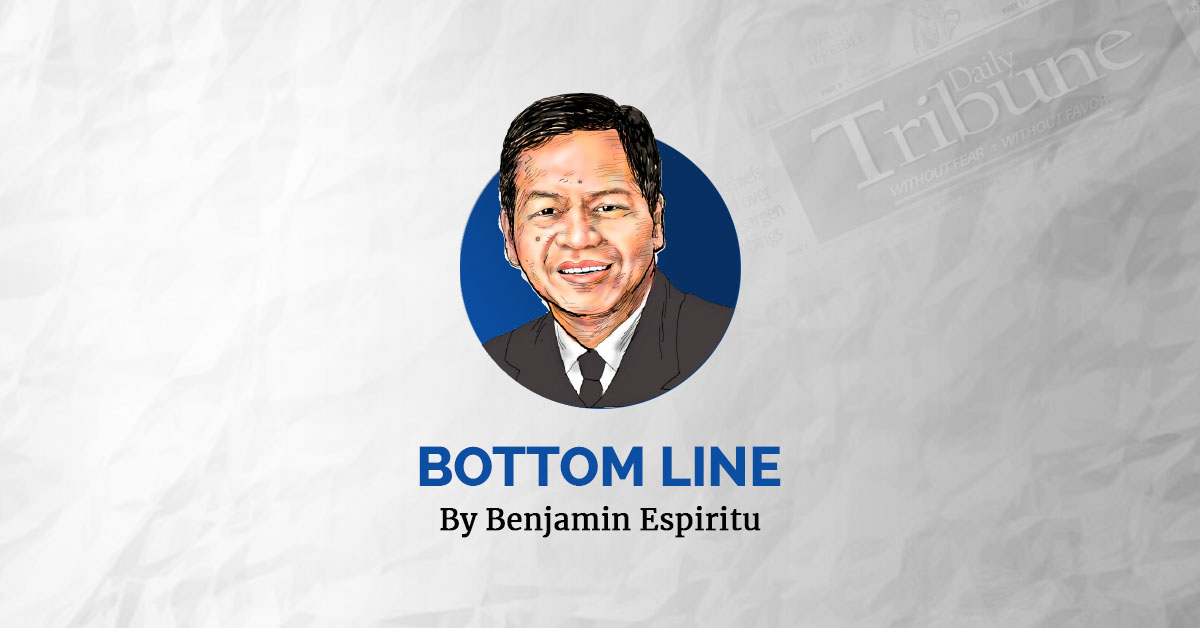On 28 February, a motor tanker carrying 800,000 liters of industrial fuel oil sank in the waters of one of the towns in my home province, Oriental Mindoro, causing an oil spill that has adversely affected several municipalities and thousands of residents.
On 4 March, the governor of Negros Oriental was assassinated and five other people who were at an event with him were also killed.
Only a few weeks before, the vice mayor of Aparri, Cagayan, and five of his companions were killed in an ambush. This happened just three days after an assassination attempt on the life of the governor of Lanao del Sur which resulted in the death of several of his security escorts.
In the last several years, we were hit by numerous typhoons that affected millions of people and caused billions of pesos in economic losses.
As of 6 March, Department of Health statistics showed that the scourge of Covid in our country has resulted in 4,077,109 cases, 8,940 of which were still active, and 66,160 fatalities. The damage to our economy, social life, health, and future, among other things, is incalculable.
On 7 March, the Philippine Statistics Authority reported that inflation in the country was at 8.6 percent in February, down from 8.7 percent in January. Though an improvement in terms of statistics, this is not really of much comfort to the majority of Filipinos who are experiencing so much difficulty due to the high prices of basic goods and commodities.
All of the preceding, among many other things, show what every citizen, regardless of social and economic status, faces daily — risk. Risk to life, property, health, business, jobs, etc.
The Cambridge dictionary defines risk as “the possibility of something bad happening.”
Nations, organizations, and individuals must be conscious of risk and undertake the required risk management for threats they may face.
There are several categories of risk — financial, legal, political, operational, market, environmental, information, economic, criminal, personal, competitor, country, product and industry, public relations, resources, war, and terrorism, among others. For technological risk, IT and cyber security are significant subsets. As to health risks, the Covid-19 pandemic has unfortunately shown the world the horrific consequences of the materialization of this threat.
Risk arises because we do not live in a perfect world. Uncertainty is a given. It is precisely because of this that nations, organizations, and individuals must be conscious of risk and undertake the required risk management for threats they may face.
Risk management entails identifying what risks one may be exposed to, analyzing the possibility of such happening and its impact, and putting in place control measures to prevent the threat from materializing and/or mitigating its effects should it occur. Most importantly, it must be total and holistic. It cannot be piecemeal or incomplete. An analogy would be locking the front door of your house to prevent intruders from entering but negating your action by leaving your back door open.
Another important factor that should not be forgotten is having a contingency plan in place. One may undertake risk management but despite all the control measures, the risk unfortunately still happens. Thus, contingency plans must be in place to counter the effects of a risk materializing.
However, the most important thing in risk management is to be proactive by undertaking risk reduction measures. An example of this would be combatting climate change through environmental protection measures and reforestation, among other things.
Both government and the private sector should work hand in hand to build a culture that recognizes the risk, works to prevent, reduce and mitigate it, and have contingency plans for managing the situation should risks, despite all measures, still, materialize. This starts with a holistic, focused, and continuous information and education campaign on risk.
Reducing risk on a nationwide scale is a necessary element for not only preventing loss of life and resources, but for strengthening our nation as a whole.
